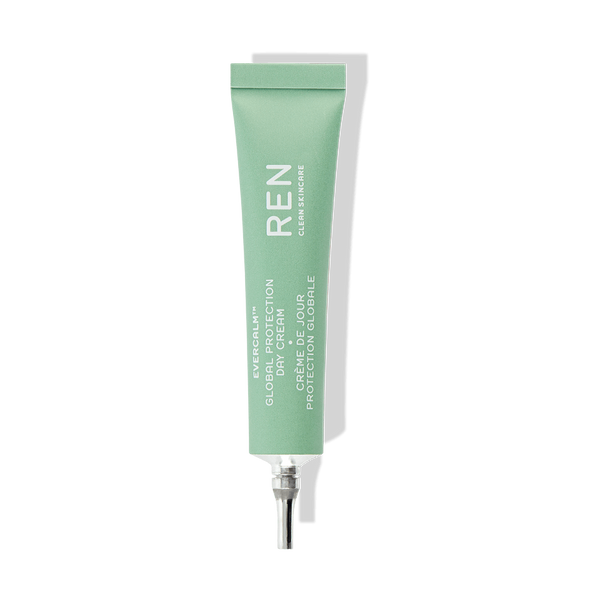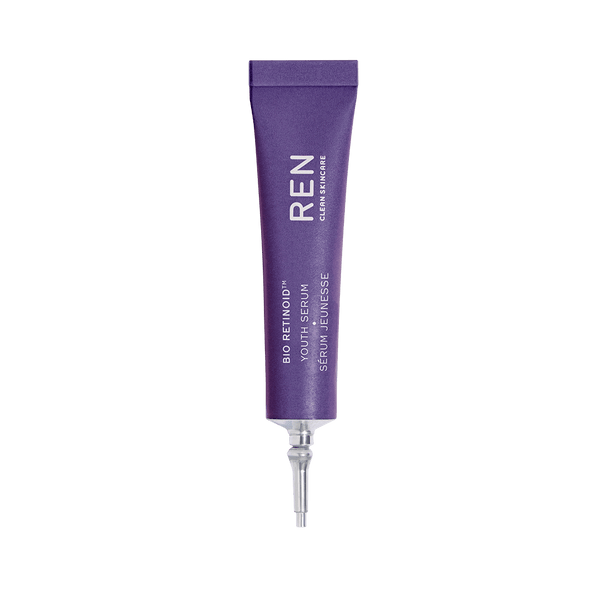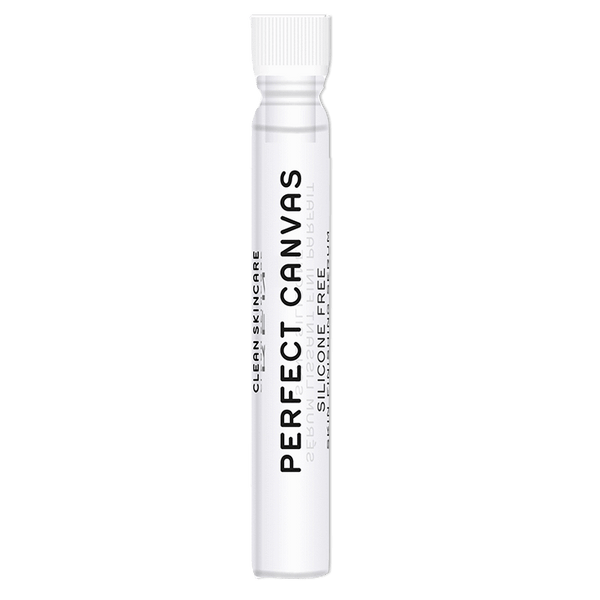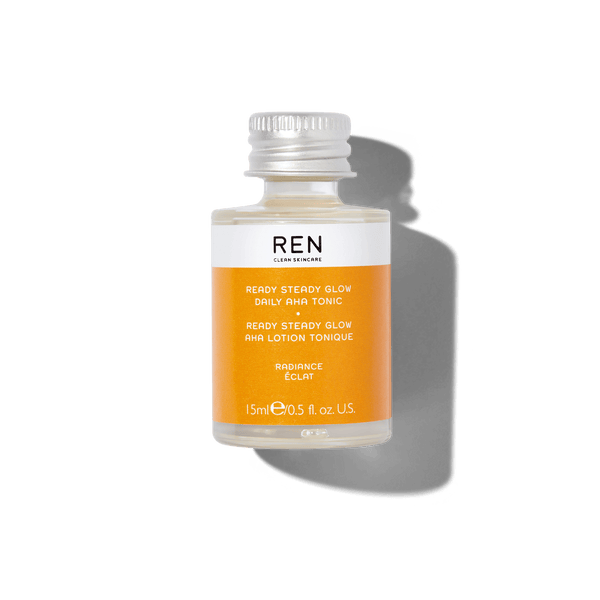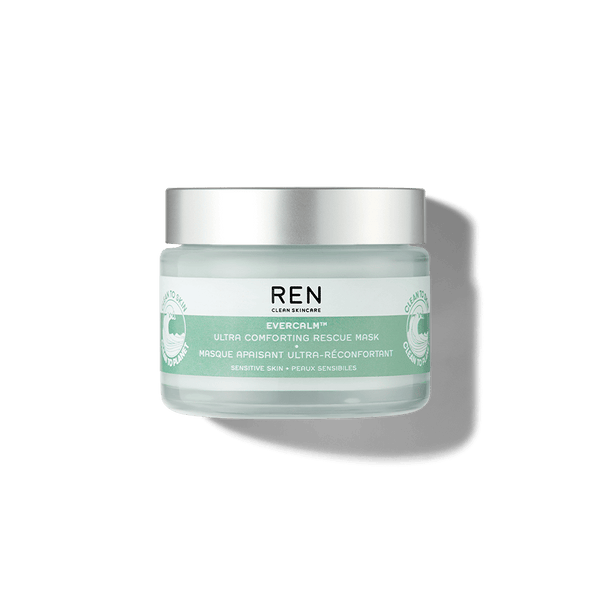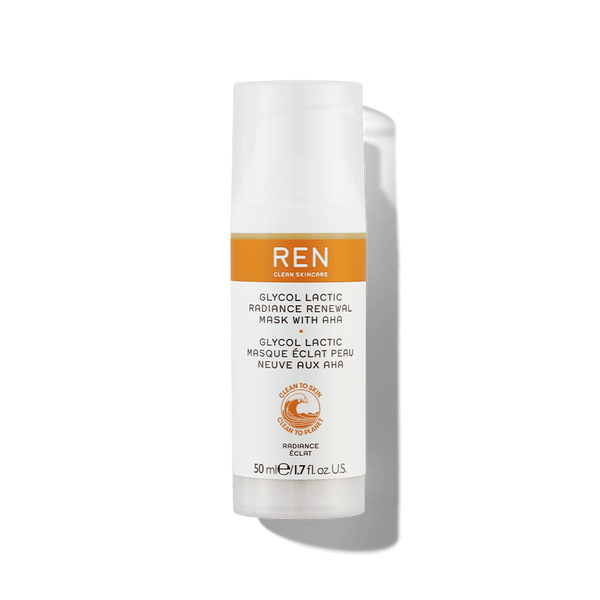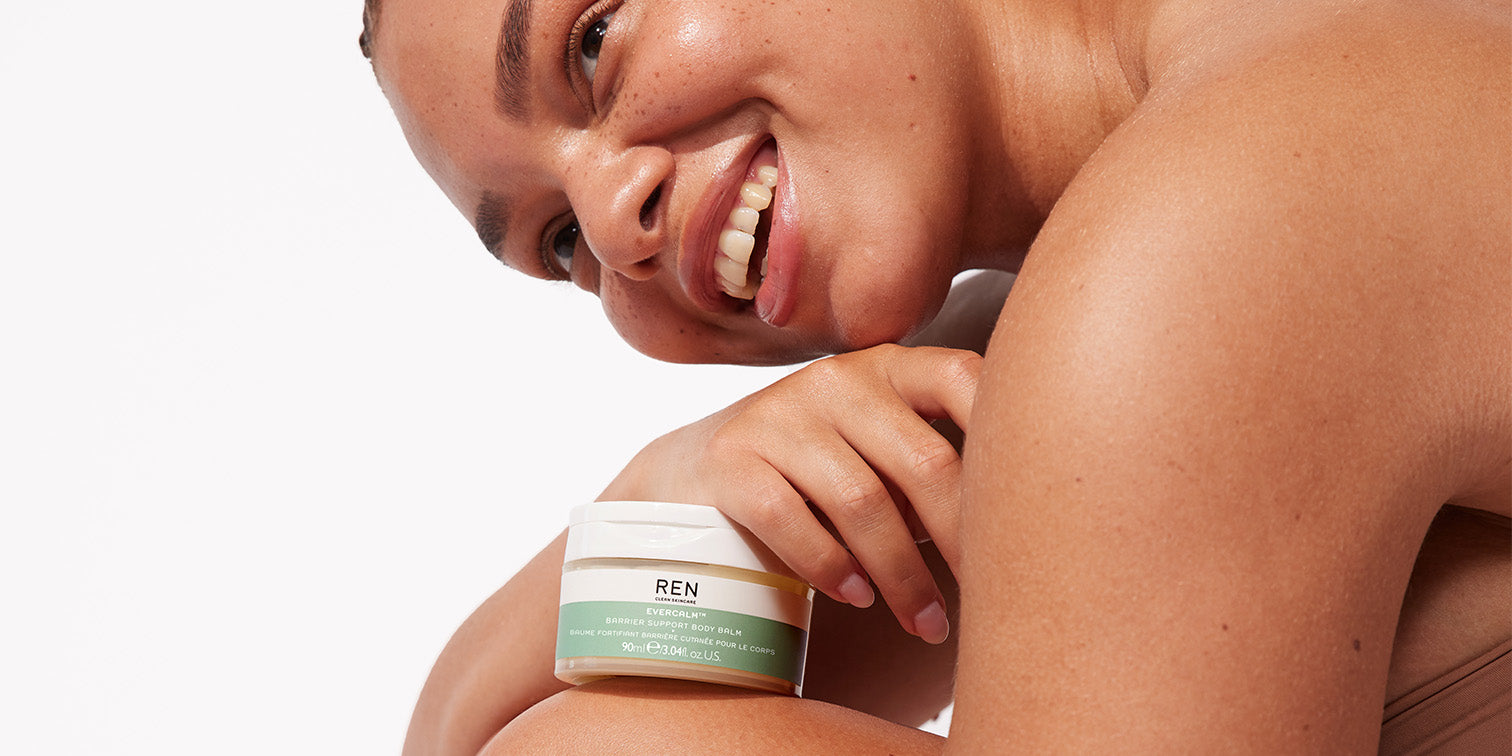SPF Skincare for Beginners

If SPF skincare doesn’t yet have a spot on your shelf, that’s about to change.
We’re lucky enough to live in an era when there is abundant research on the effect of the sun’s rays on our skin, but if you’re not familiar with these effects of sun exposure, you may not realize the importance of using SPF. That’s OK! We’re covering everything you need to know about SPF skincare and how you can use it to have your cake and eat it too, er, in this case, enjoy the sun without its harmful side effects. By the end of this guide, you’ll have all the information and motivation you need to slather on the SPF day in and day out. Trust us, it’s simpler than it seems!
Why SPF Is So Important
SPF stands for Sun Protection Factor and it’s a measure of how well the sunscreen you apply will protect your skin from the sun’s ultraviolet rays (UV rays). UV rays can cause damage to our skin, some of which is immediately noticeable i.e. sunburn, and some of which may not be noticeable for years or decades to come. The long-term damaging effects of the sun’s rays include wrinkles, dark spots, hyperpigmentation, and even skin cancer. The sun can also cause premature aging of the skin because it reduces the amount of collagen, leading to discoloration, fine lines, sagging, and leathering, and because it breaks down the skin barrier, leading to dullness, dryness, and irritation. This occurs because those UV rays we love the warmth of so much actually penetrate our skin and can damage our skin. See our blog for more information on how to repair the skin barrier and how to protect the skin barrier!
It’s important to note that these damaging effects apply to everyone. Whether you “never burn” or not, or you have a family history of skin cancer or not, the sun’s rays can still damage your skin and can cause all of the unwanted effects listed above.
Much of that skin damage, though, can be prevented with one skin care product.
It’s true! And, it’s simple. Wearing sunscreen lotion can protect your skin and reduce signs of premature aging. Not only that, but wearing daily spf facial sunscreen can also contribute to a more even, hydrated, and vibrant complexion. If simply adding sunscreen to your skincare routine can do all that, isn’t it worth the extra step in your skincare routine?
How To Incorporate SPF into Your Skincare Routine
So, SPF can help you have healthy-looking skin for longer, but how do you make it an integral part of your everyday life? Here’s the easy way to incorporate SPF skincare and sun protection measures into your routine:
Choose the Right Formula
The first step is to find a formula that works for you and your skin type. Not all SPF skincare products are created equal. You shouldn’t reach for any old tube (sunscreen expires!) or grab the one you have stashed in your beach bag and apply it to your face. There are a few things you should look for in an SPF formula:
- Broad-spectrum, meaning it protects against both kinds of harmful UV rays (UVB rays and UVA rays)
- SPF of 30 or higher
- For your face, it’s also important to choose an SPF that’s created, well, for your face. These formulas usually contain gentler ingredients that won’t clog your pores or leave an oily residue behind.
Here at REN, we stick to one sunscreen that does it all. Our clean sunscreen, Clean Screen Mineral Mattifying Face Sunscreen, offers broad-spectrum UVA/UVB protection and SPF 30. But it doesn’t stop there. While these features will help reduce sun damage to your skin that causes visible signs of aging, ingredients such as Yellow Passionfruit Seed Extract and Rice Starch help to protect your skin from environmental pollution, soothe irritation, and control shine, giving you a smooth, matte finish.
Your sunscreen can do more than simply offer sun protection (although, that’s critical). Choose a formula of a spf moisturizer that actually cares for your skin too, and you’ll want to use it even more.
When, Where, and How To Apply
When it comes time to apply SPF, do so as the final step in your skincare routine, before applying makeup. According to the Skin Cancer Foundation, it’s important to apply sunscreen with an SPF of 30 or higher and reapply it every two hours or immediately after swimming or sweating.
When applying to your body, the general guideline is to use around two tablespoons of sunscreen per area. However, you should use as much as necessary to cover any exposed skin with an even coat. For your face and neck, a dime-sized amount of sunscreen should be sufficient.
Use it Every Day
Now, sunscreen isn’t only for the days when you will be outdoors. It’s for every day. If you think you’re safe from the sun when you’re working from home or driving in the car, think again. UV rays can reach you through windows and windshields, and when reflected off of surfaces i.e. the sidewalk, water, or snow too. They can even reach you on cloudy days—just because you can’t see the sun, doesn’t mean it can’t see you. This is why it’s so important to wear sunscreen on any day, no matter what you’re doing.
The benefits of sunscreen are endless, so don’t wait to stock your shelf with SPF skincare. It’s your best defense against preventing your skin from aging, and your greatest tool to maintain healthy-looking skin.
Source:
About the Author
Camille Poggi is a doctor in Pharmacy (PharmD.) and is passionate about skincare and how the skin works in general. She specializes in the cosmetic industry and worked for renowned companies in France like L’Oréal and Chanel before moving to London. After being a training manager for 4 years, Camille is at ease with explaining how products work in the skin and how to adapt her speech according to the audience.
She joined REN in January 2020 as International Training Manager and moved to the Research & Development team earlier this year to be the new Scientific Education Manager. A tailored-made role where she assesses and leads all technical communication and ensures scientific compliance is always met. She’s also involved in new product development from the earliest stages. Finding a way to create sustainable skincare products and making sure the message is properly delivered and understood is definitely a big challenge but also her favorite part working for REN.


